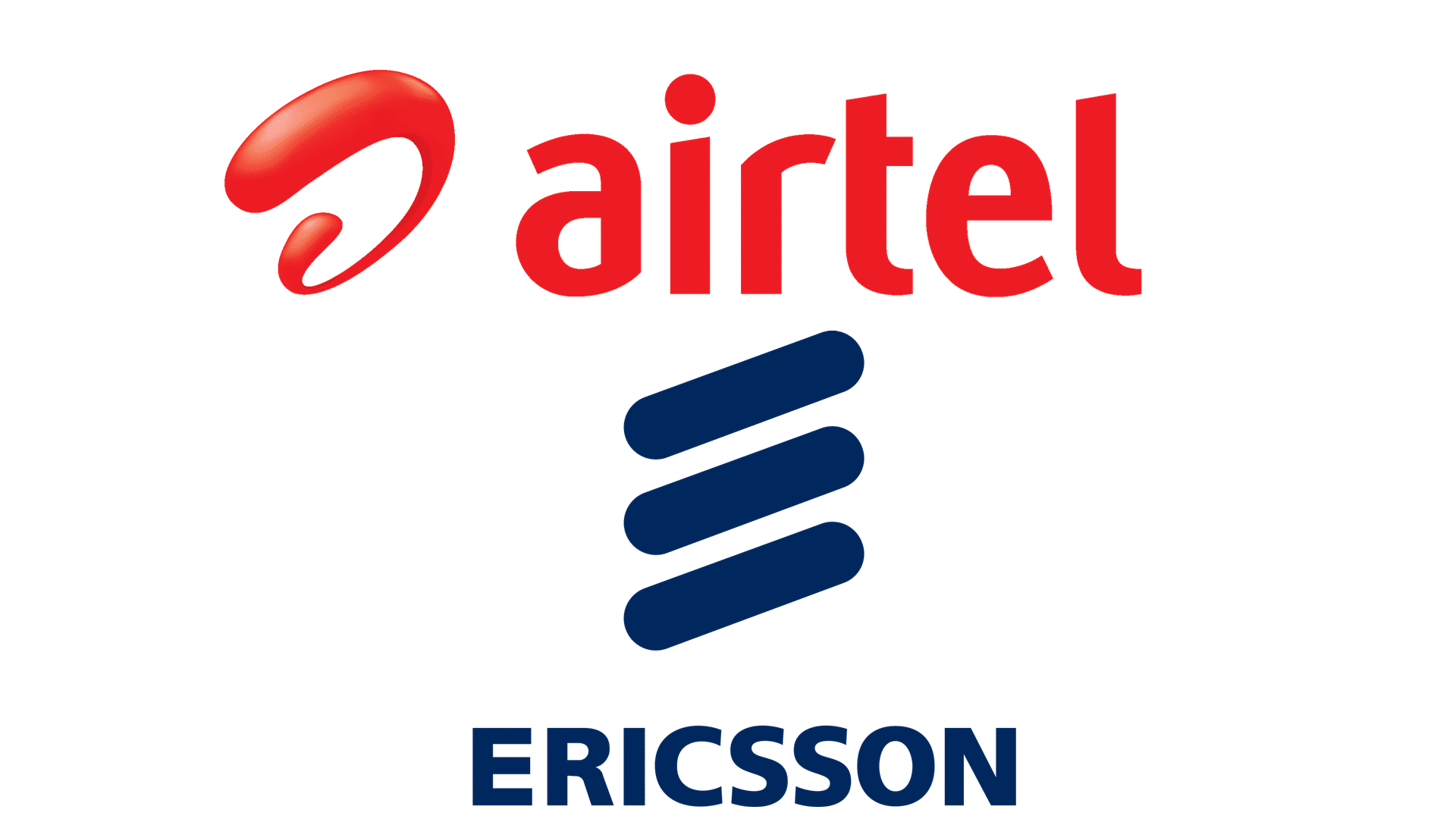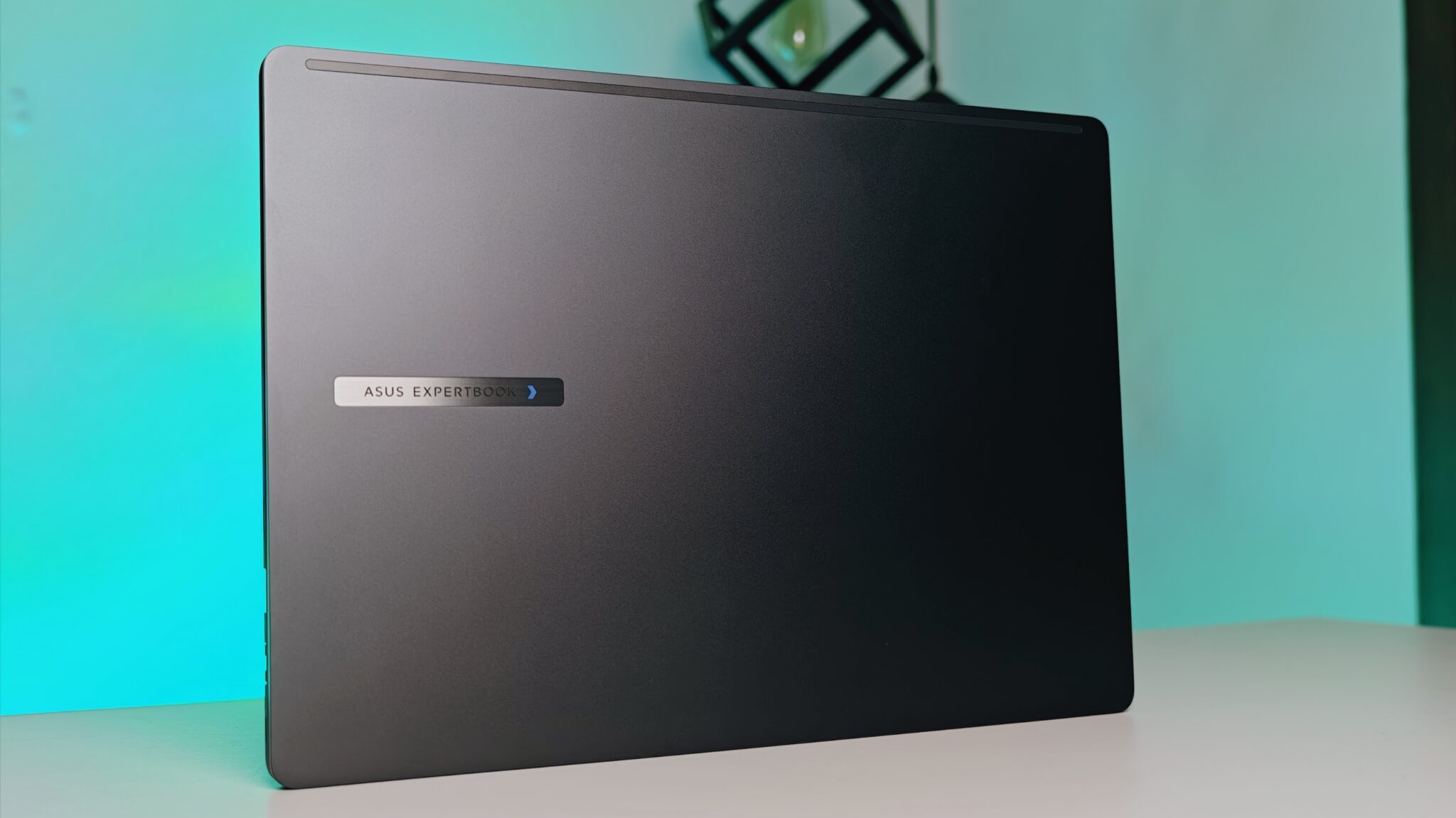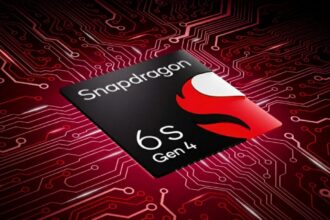Ericsson (NASDAQ: ERIC) and Bharti Airtel have taken their 25-year partnership a notch higher with a significant new multi-year Network Operations Center (NOC) Managed Services (MS) contract. Building on decades of collaboration, which has already seen Ericsson play a pivotal role in powering various generations of mobile technology in India, this new deal is all about deeper integration. Essentially, it places Ericsson in charge of managing Airtel’s broad network infrastructure, aiming to boost performance and deliver smoother, more reliable services to millions of users.
What’s particularly interesting here is the central role of Ericsson’s intent-based operations, backed by a centralized NOC. That’s the tech responsible for overseeing Airtel’s network across a wide spectrum of services: 4G, both 5G NSA and 5G SA, Fixed Wireless Access (FWA), Private Networks, and even Network Slicing. The scope is vast, suggesting Ericsson is far more than just a vendor now—they’re intricately involved in shaping Airtel’s next-gen network strategy.
The agreement includes managing Airtel’s pan-India network from Ericsson’s advanced NOC facilities. Two areas of focus really stand out: FWA and Network Slicing. FWA is becoming crucial for last-mile internet delivery, especially in places where laying fiber optic cables isn’t practical. Network Slicing, on the other hand, is about creating purpose-built segments within the same network—essentially carving out dedicated lanes for specific uses or industries. It’s a technical leap that unlocks a ton of new service possibilities.
Randeep Sekhon, CTO of Bharti Airtel, summed it up by saying, “We are building a future-ready network that delivers a good experience for our customers. We believe these technologies will help us meet the growing data demands of consumers in a digitally connected India.” His message touches on a broader national need: gearing up for higher data usage in an increasingly digital society.
Ericsson’s Andres Vicente, Head of Market Area Southeast Asia, Oceania and India, added, “This agreement with Bharti Airtel supports our goal of helping Airtel provide a good experience for its customers. By using Intent-Based NOC Operations, we will help Airtel offer wider service options to meet customer needs, which can create new revenue for Airtel.” His emphasis was more on the business side, hinting at new revenue opportunities stemming from more diversified service offerings.
Now, if we zoom out a bit, this isn’t just a continuation of a long-standing partnership; it’s a strategic evolution. Ericsson has been with Airtel through every wave of mobile innovation in India. More recently, they teamed up on the 5G Core—a cornerstone of the 5G infrastructure. The consistency of their collaboration suggests that Airtel places a high degree of trust in Ericsson’s technical know-how and operational expertise.
By leaning into the managed services model, Airtel can delegate the nitty-gritty of network operations to Ericsson. This not only simplifies Airtel’s internal operations but also lets them double down on business growth and customer engagement. From Ericsson’s NOC, they’ll have centralized visibility and control, potentially making it easier to spot issues early and keep the network running smoothly.
For everyday users, this could mean more stable and faster mobile internet. Managing both 4G and advanced 5G setups—NSA and SA alike—is no small task. Ericsson’s hands-on role hints at a more seamless experience ahead, particularly as 5G usage scales up. Plus, with FWA being prioritized, it might just improve home and business internet access in regions where wired options fall short.
Another big part of this deal is the emphasis on private networks and network slicing. Private networks allow for secure, high-performance connectivity tailored to enterprises. Think automated factories, smart cities, and mission-critical communications. Network slicing, meanwhile, offers a way to isolate traffic for specific needs on a shared physical network, making it easier for Airtel to promise service quality across diverse use cases—from healthcare to manufacturing.
Ultimately, what this deal really signals is a shared long-term vision between Ericsson and Airtel. Both seem aligned in using cutting-edge network solutions to meet India’s evolving digital demands. And with digital services becoming such a central part of everyday life, the infrastructure supporting them needs to be rock solid. This agreement might just give Airtel the operational edge it needs as India marches deeper into the 5G age and beyond.



















